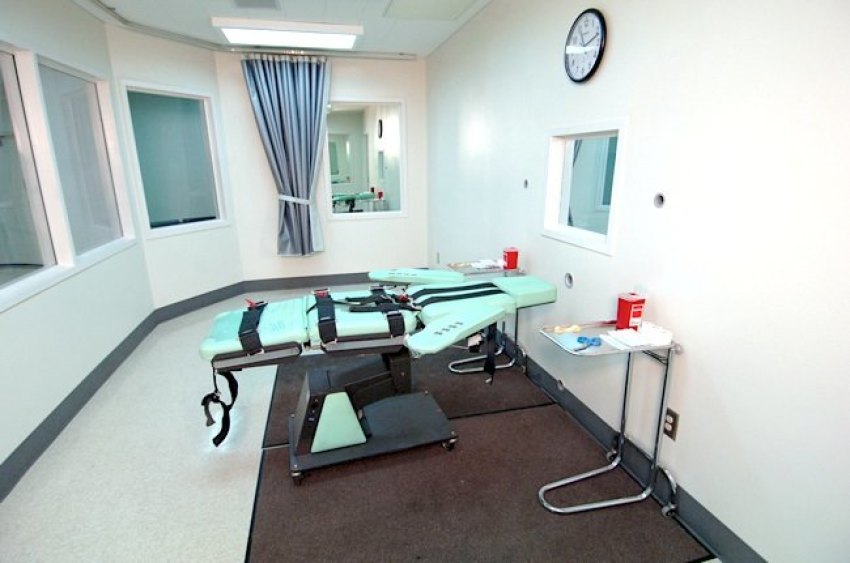Over 180 faith leaders demand Texas end ban on chaplains in execution chambers

More than 180 religious leaders from Christian denominations and other faith backgrounds are demanding that Texas end a rule barring chaplains from entering prison execution chambers to minister to condemned inmates.
The Texas Department of Criminal Justice implemented the policy in April.
In a statement released Tuesday, the clergy insisted that Texas drop the ban, declaring that the “significance of the physical presence of a chaplain at a condemned person’s last moment is difficult to overstate.”
“Clergy have the right to minister to those who have placed themselves in their care, up to and including the moment of death. The state cannot, and should not attempt to, regulate spiritual solace,” the clergy stated, as reported by the Catholic News Service.
“Each faith tradition marks this sacred moment in different ways, including anointing, singing, praying and chanting, and laying on of hands. These rituals, stemming from sincerely held religious beliefs, often require the direct assistance of clergy.”
Religious traditions represented among the signatories include the Roman Catholic Church, Islam, The Episcopal Church, The United Methodist Church, Reform Judaism, Buddhism, and the Cooperative Baptist Fellowship.
Rick McClatchy, field coordinator of the Cooperative Baptist Fellowship of Texas and one of the signers, told Baptist News Global that his belief system “values the practice of ministering to the executed.”
“It was Jesus who modeled this type of ministry to the men being executed with him,” said McClatchy. “My American civic values also lead me to believe that even those condemned to death and the faith leaders who advise them are guaranteed the right to the free exercise of religion.”
The chaplain ban came in response to a United States Supreme Court decision in March in which the high court halted the execution of a 57-year-old Buddhist named Patrick Murphy.
At issue was Murphy’s request to have a Buddhist spiritual adviser present with him in the execution chamber. It was rejected, even though Christian and Muslim chaplains were permitted.
In a concurring opinion, Supreme Court Justice Brett Kavanaugh wrote that Texas had two options to resolve the matter: either “allow all inmates to have a religious adviser of their religion in the execution room” or “allow inmates to have a religious adviser, including any state-employed chaplain, only in the viewing room, not the execution room.”
“In any event, the choice of remedy going forward is up to the state. What the state may not do, in my view, is allow Christian or Muslim inmates but not Buddhist inmates to have a religious adviser of their religion in the execution room,” he added.
Texas chose the latter, with a TDCJ spokesperson telling the Texas Tribune at the time that the ban would take effect immediately.
“TDCJ Chaplain(s) will continue to be available to an offender until they are transferred to the execution chamber. The chaplain will also be present in the viewing room if requested,” the spokesperson clarified.



























